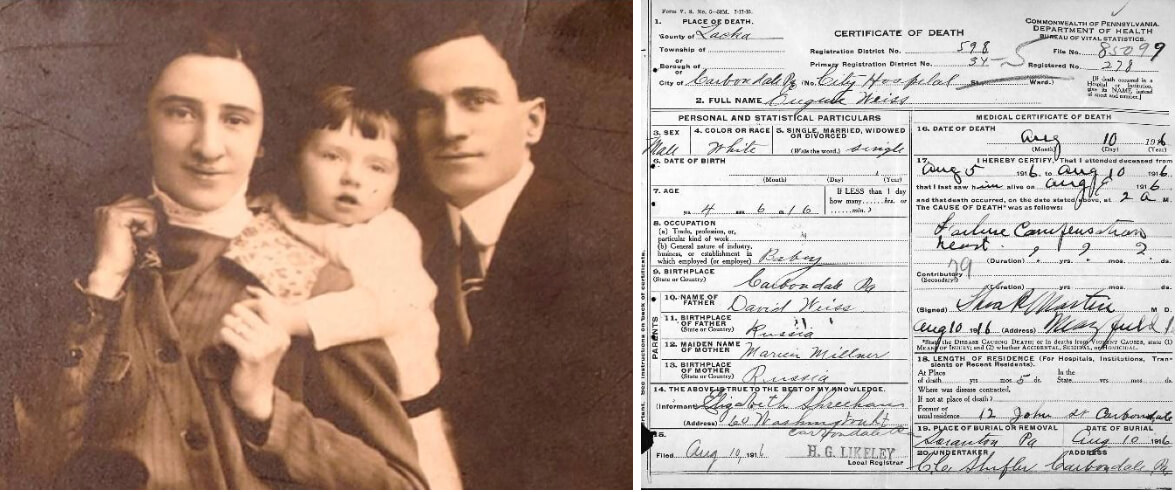Working Ourselves Into a Real State
The term “Jewish state” has been much in the news lately in two different but clearly related contexts. The first is the demand of Israel’s prime minister, Benjamin Netanyahu, that the leaders of the Palestinian Authority recognize Israel as “a Jewish state” before Israeli-Palestinian negotiations resume. The second is the Israeli Knesset’s passing on a first vote of a proposed bill (which now has to go to committee and be returned to the Knesset floor for a second and third vote before it can pass into law) that would make a criminal offense of “the denying of Israel as a democratic and Jewish state” if such a denial “is reasonably likely to lead to actions of hatred, contempt or disloyalty to the state, its authorities, or its lawfully established legal institutions.”
I happen to belong to the large number of people who think this proposed law is a foolish one, not because I do not ardently want Israel to be a “democratic and Jewish state,” but because I do not see how a state can possibly be democratic while outlawing discussion of the kind of state it should be.
True, the bill would do so only if such discussion were “reasonably likely” to have seriously pernicious effects, but who can say what is “reasonably likely” and what is not? Such a criterion hardly would be an obstacle to the arrest and conviction by suitably inclined police officers and judges of any Israeli citizen, Arab or Jew, who publicly questioned, for instance, whether it is possible for a state to be both Jewish and democratic, and called for doing away with one of these two elements — that is, either with Israel’s explicit Jewish character in order to preserve its democracy, or with its democracy in order to preserve its Jewish character. (It is odd that many of the bill’s right-wing religious supporters do not understand that in the hands of a left-wing police officer or judge, they, too, could be brought to trial for expressing the wish that Israel conduct itself by halachic rather than parliamentary procedures.)
But beyond this, one has to ask: What exactly does the term “Jewish state” mean? It is in fact far from clear. Does it mean a state in which the majority of citizens are Jewish? A state whose institutions in some way express and further Jewish values? A state that represents and belongs to Jews living in other countries, too? All these things? And if so, in what proportions? It is doubtful whether a single one of the Knesset bill’s proponents is prepared to answer these questions with any exactitude.
Nor will it do to argue that no answer is necessary, since just as the idea of a “French state” or an “English state” is self-explanatory, so is the idea of a Jewish one. “French,” “English” and “Jewish” are not really parallel terms in this context, because anyone who is a French or English citizen is by definition French or English, whereas not everyone who is an Israeli citizen is Jewish. In fact, since a quarter of Israel’s citizens are not Jewish, and this percentage has been gradually increasing, the notion of Israel as a “Jewish state” is problematic in a way that the notion of France as a French state or England as an English state is not.
“Jewish state” is in fact a kind of buzzword that means different things to different people, which is why it should not be pressed into legal service at all. To Benjamin Netanyahu, it means above all, a state with a clear Jewish demographic majority — that is, a state to which no Palestinian refugees will be admitted and that has the right to favor Jews in its immigration policies. To others, it may mean a state whose official holidays are Jewish, or one that stresses Jewish identity in its educational system, or one that seeks close ties with the Diaspora, or one that adopts Jewish religious law. Does the proposed law mean that none of these things should be challenged or debated if there is a “reasonable likelihood” of harm being done? Who could possibly decide what would fall within such a law’s jurisdiction and what would not?
The term “Jewish state” goes back to Theodor Herzl, whose book “*Der Judenstaat” *was thus translated into English. And yet, as has been observed, *Der Judenstaat *does not mean “the Jewish state,” which in German is *Der Jüdischer Staat. *Rather, it means “the state of the Jews,” which is something quite different, for a “state of the Jews” does not necessarily have to inculcate Jewish values, live by Jewish law or even have a Jewish majority (although Herzl certainly envisioned one). It is a state that is defined existentially rather than essentially, in terms of those who live in it rather than of how or by what principles they live. I don’t think Herzl’s formulation was accidental, for there was a great deal of wisdom in it. The Jewishness of a “state of the Jews” can be left to work itself out naturally; that of a “Jewish state” is a subject for endless argument. Trying to end this argument by legislation is not a sensible thing to do.
Questions for Philologos can be sent to [email protected].
A message from our Publisher & CEO Rachel Fishman Feddersen

I hope you appreciated this article. Before you go, I’d like to ask you to please support the Forward’s award-winning, nonprofit journalism so that we can be prepared for whatever news 2025 brings.
At a time when other newsrooms are closing or cutting back, the Forward has removed its paywall and invested additional resources to report on the ground from Israel and around the U.S. on the impact of the war, rising antisemitism and polarized discourse.
Readers like you make it all possible. Support our work by becoming a Forward Member and connect with our journalism and your community.
— Rachel Fishman Feddersen, Publisher and CEO






















